My partner and I recently attended the Burbury Whole Foods workshop, Introduction to Whole Foods. The owners of Burbury Whole Foods (Tash and Tom) are passionate about inspiring individuals to cook with whole foods. That includes educating people on how to be more sustainable, and more conscious when cooking and eating.
I knew Tash prior to attending this workshop, having experienced her mouth-watering food at Billabong Retreat. They have a rotating roster of chefs who prepare amazing, nourishing whole foods for their guests. We were fortunate to have Tash cooking when we stayed, so I knew this workshop would not disappoint.
Burbury Whole Foods
Burbury Whole Foods is an organic vegetarian whole foods catering company. They specialise in health retreats, farmers’ markets, workshops and functions that advocate sustainability and wellness.
They source all of their organic ingredients from local farmers, and they handle and prepare the food consciously, as if they grew it themselves. Burbury Whole Foods do this by cooking with minimal waste, using sustainable cooking equipment and materials, and blessing the food throughout preparation and service.
What are whole foods? Why are they good for you?
Whole foods are simply ingredients that are as close to their natural state as possible. The main whole food categories include grains, beans and legumes, nuts and seeds, fruit and vegetables.
If they’re not “whole foods” it means they’ve been modified or processed in some way. For example, tinned or packaged food. Processed foods contain additional salt, sugar, colours and flavours that have been added to “improve the taste” (usually sweeter). Plus, additives and preservatives to increase the shelf-life. All of this impacts the nutritional value of the food, and contributes to an unbalanced diet.
The benefits of eating whole foods are:
- Increased nutrition
- Improved digestion
- Increased energy
- More balanced blood sugar
- Healthier hair, skin and nails
Introduction to Whole Foods Workshop
Location:
The workshop is run in Mona Vale on Sydney’s northern beaches, located in the back of a beauty store called Elevate Hub.
The store is absolutely stunning, with natural, organic beauty products and treatments. You walk through the back of the store to a beautiful outdoor area full of plants, giving the space a real earthy feeling.
Tash and Tom welcome you, and you sit down for a casual chat whilst waiting for other guests to arrive.
Weekly meal preparation:
There is a heavy emphasis on weekly meal preparation. For most people that’s Sunday but it can be whatever day works best for your schedule.
It’s difficult to cook a healthy, balanced meal at the end of a long day, particularly if you have kids (or pets) waiting to be fed. Everything becomes rushed, and you’re more likely to use packaged goods to fast-track the meal.
When you cook in a stressful environment, the ingredients will also feel the stress, which impacts their nutrition. The idea is to remove stress from the cooking experience by doing the bulk of preparation in advance. The food will love you for it, and so will your partner, kids, family and friends.
Cooking Demonstration:
There is an A-Frame sitting to the side with a 5-day menu listed:
- Sunday: Cauliflower and quinoa tempeh sushi with tahini sauce
- Monday: ‘No roll’ fritters with roast veggie salad and hummus
- Tuesday: Cauliflower and quinoa stir fry with chickpeas and lettuce cups
- Wednesday: Coconut Curry with cauliflower rice and spiced nuts
- Thursday: Buddha bowl
Over the next 2 hours Tash demonstrates and explains all the steps involved in preparing the 5-day menu. It’s a very relaxed process, and everyone is welcome to ask questions along the way.
There is one hands-on activity where participants get to roll (and eat) the cauliflower and quinoa tempeh sushi. This is surprisingly easy and a fun idea for a dinner party.
Community Feast
The food is placed on a separate table, and participants join in a community feast to enjoy the scrumptious meals that Tash has prepared. And as an extra bonus, participants can take any leftovers home in their own Tupperware container.
Introduction to Whole Foods digital book
Participants are emailed a 46 page PDF after the workshop. The Introduction to Whole Foods digital book includes menus for 2 weeks (the 5 meals prepared on the day, plus additional ones). And general information about whole foods and organic cooking.
What we learned
Improving your digestion
- Important to kick-start your digestion in the morning: Tash and Tom welcome you with a delicious morning elixir, designed to kick start your metabolism, boost your immune system and aid digestion. They recommend drinking it half an hour before you eat.
- Be grateful for the ingredients:
- Get your digestion kick-started and ready for consumption by taking three deep breaths before you eat.
- Be conscious and grateful for the food you’re about to eat. Thank the farmers for the food, and the opportunity to prepare these meals in a stress-free environment.
Ingredients
- Eat organic whenever possible:
- In simple terms, non-organic produce has pesticides and fertilisers. Some studies have linked pesticides in our food to everything from headaches to cancer to birth defects.
- Understand organic may not always be affordable, however Tash provides lots of tips on how to save money when buying organic produce.
- Include (and eat) the skin from organic vegetables when cooking. That is where most of the nutrients are (even ginger!).
- Conversely, if you can’t buy organic, make sure you remove the skin because it will have absorbed all the chemicals from the pesticides.
- Best place to buy organic produce is at you local markets, from local farmers.
- Tempeh not Tofu:
- Tempeh is better than tofu as it has less GMO (genetically modified organism), and easier to digest.
- Celtic Salt instead of Himalayan Salt:
- There are claims Himalayan Salt is loaded with minerals and is considered to be healthier than regular table salt. However Himalayan Salt is produced through mining which has a negative environmental impact, including land disturbance and greenhouse gas emissions.
- It also isn’t renewable. It’s a finite resource, estimated to have formed 800 million years ago, and it will run out.
- Tash suggested Celtic Salt, or Murray River Salt Flakes as an alternative, and renewable solution. Naturally, finish whatever pink salt you have before making the switch.
Food preparation and cooking
- Avoid plastics:
- Plastic is obviously made from chemicals. That means any food (or produce) wrapped in plastic will absorb the chemicals through the skin, and ultimately into your bloodstream.
- Reduce your waste of herbs:
- Chop up and eat the stemsWrap herbs in a damp Chux, and then in a beeswax wrap to keep it moist and put it in the fridge (but not in the crisper!)
- With spinach or kale, or anything with large leaves, wrap in a dry cloth and put in the fridge
- Practice mindfulness in the kitchen, and at the dinner table:
- When you cook in a stressful environment the meals you prepare will take-on the negative energy and stress.
- Create a relaxing and loving cooking space when you’re preparing food. Play music, use crystals and essential oils to infuse the food with love. This will help with your digestion.
Who should attend
Anyone who wants to improve the quality of the food they eat, and adopt more sustainable and conscious habits in the kitchen.
Most of the attendees came with a friend, so it’s a great way to spend time with a friend. It’s also great for couples (different spin on date night), or as a gift.
- Mother’s Day
- Birthday
- Fun date with your partner
- Conscious hen’s party
Tash and Tom are filled with passion and authenticity for what they do. They love educating people on how to live more sustainably, and this definitely comes through in the workshop.
Click here to find out more: https://www.burburywholefoods.com/
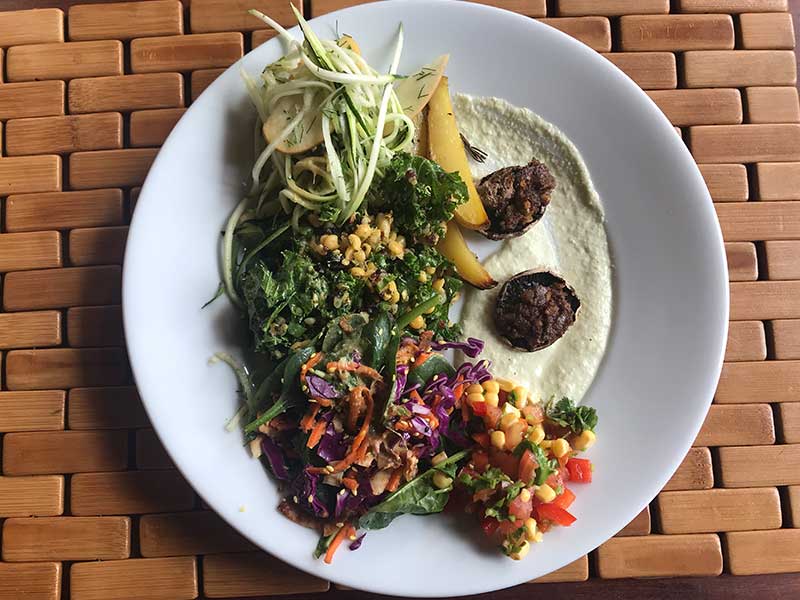
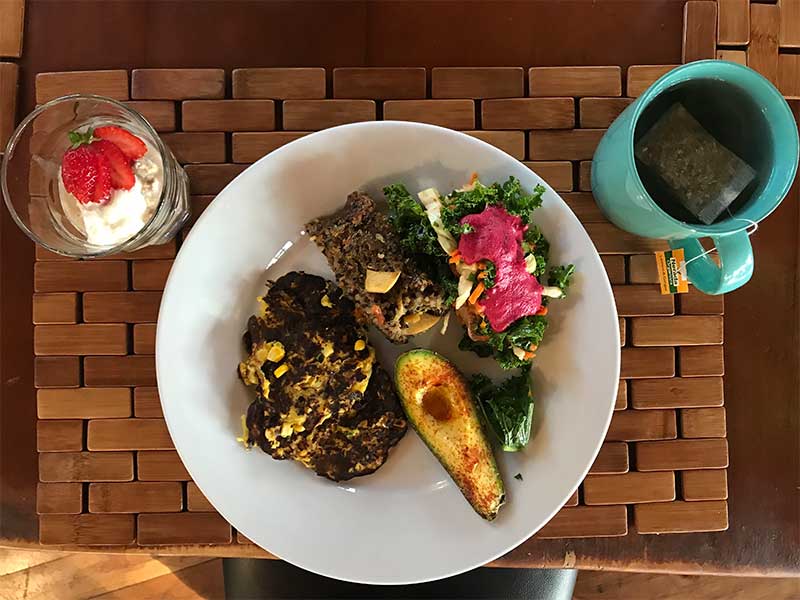
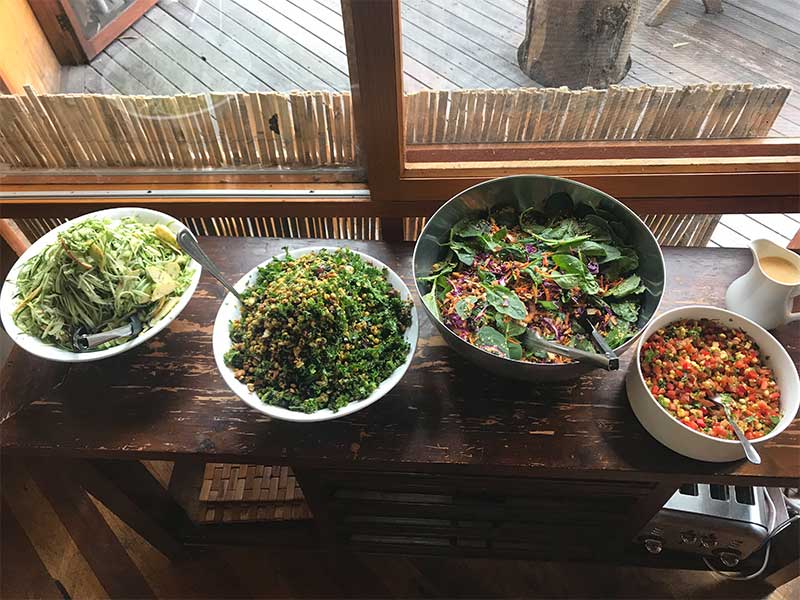
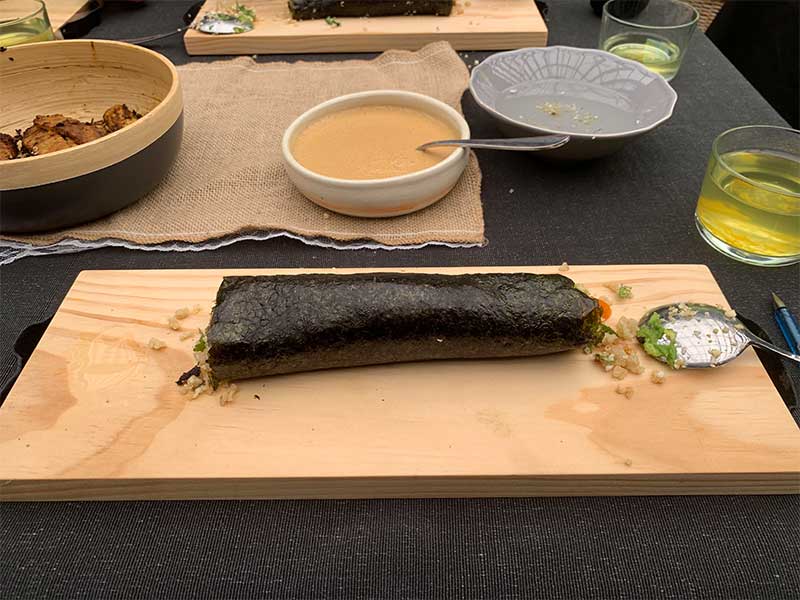
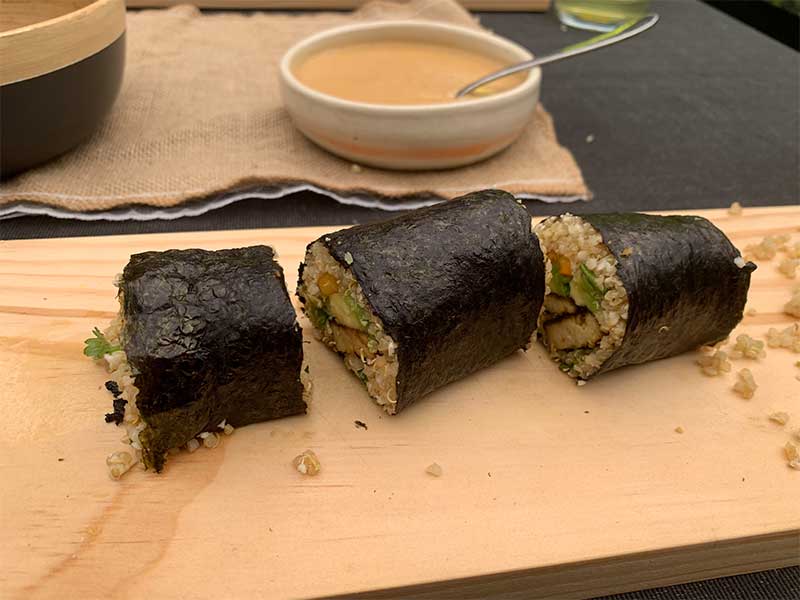
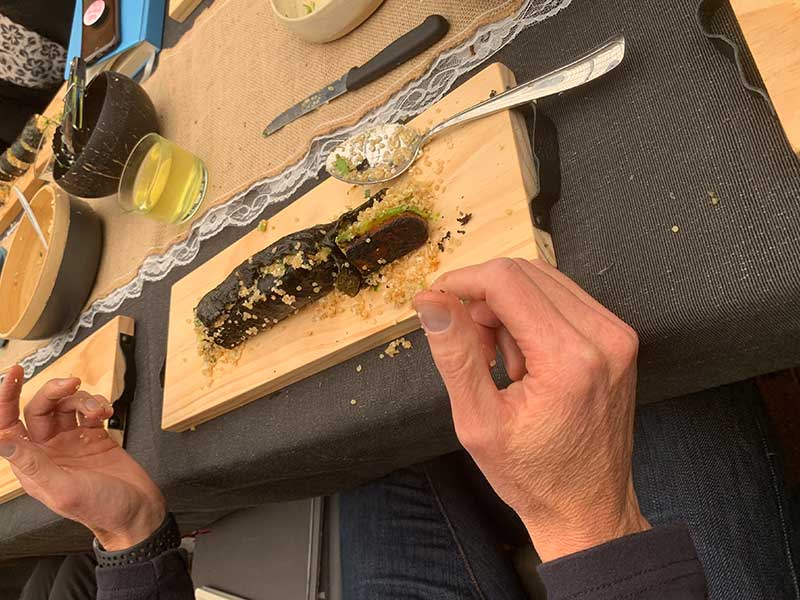
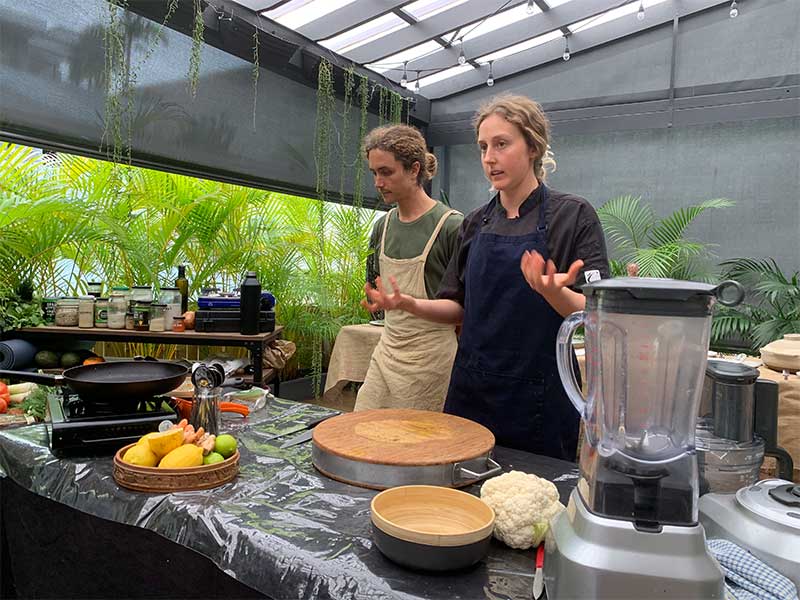
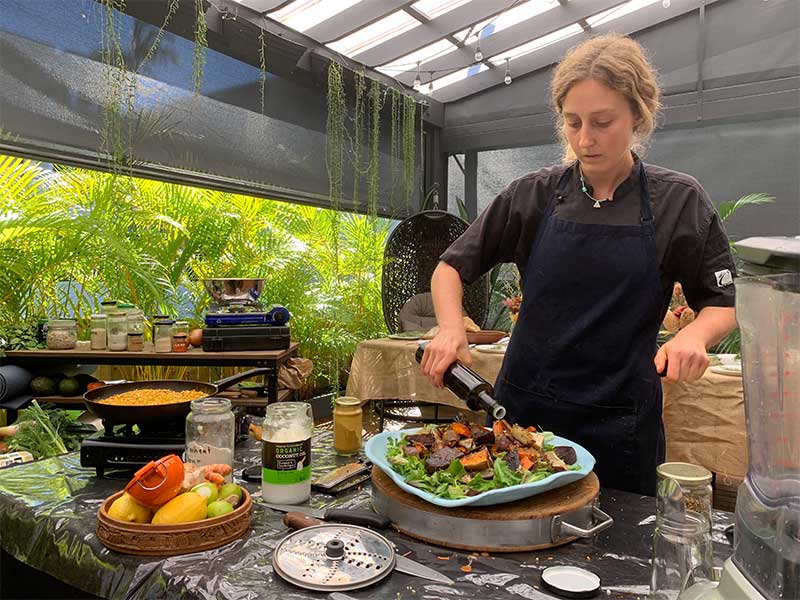
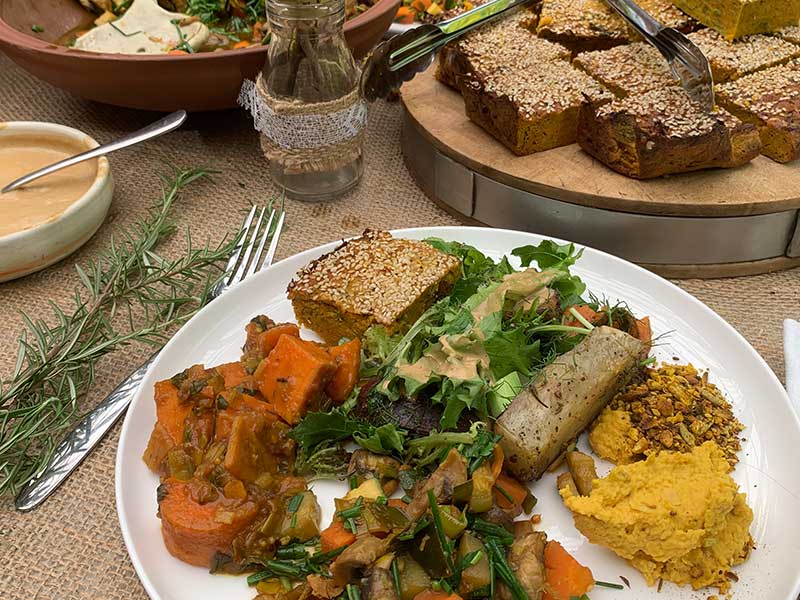


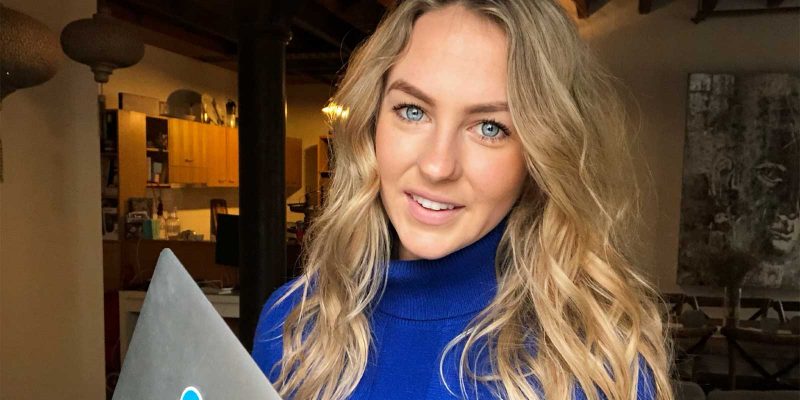
Important points in this article that we should be aware of burbury whole foods. This would be a huge help. Thanks for sharing this great article.